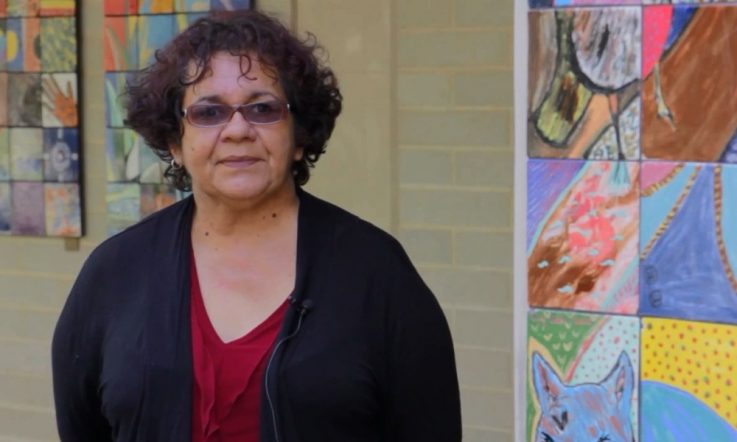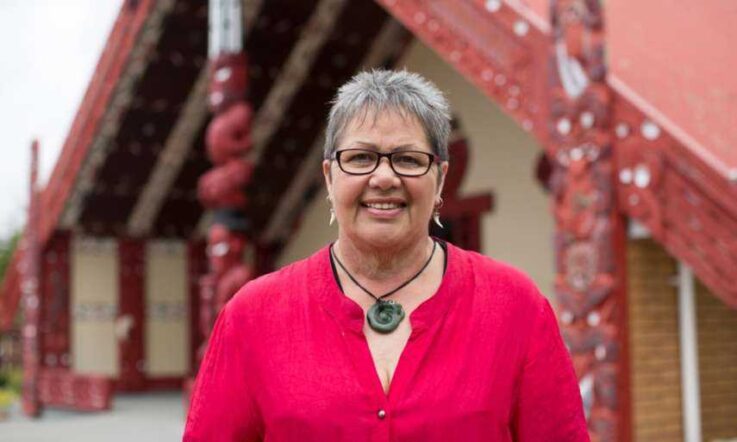Recent research with an Aboriginal community in North Queensland provides insight into culturally responsive teaching practices from the perspective of parents and students.
Professor Brian Lewthwaite and colleagues at James Cook University, and educators from the Diocese of Catholic Education, Townsville, carried out the study. They spoke to numerous Aboriginal students and parents and asked them how teachers could improve outcomes for Aboriginal students via pedagogical means.
Interestingly, parents and students valued different aspects of teaching practices more so than others. Parents discussed the complex relationship many Aboriginal people have with the educational system as a result of Australia's colonised history.
One parent emphasised the importance of teachers knowing and understanding Aboriginal history in order to develop sensitivity to the educational plight of Aboriginal students:
‘It is important to know and understand our history with education. It's a history I do not think many teachers know. It might be a part of the past, but knowing helps to build a better future for our children. For many, including my parents, it was not positive. School was not a welcoming place. You weren't made to feel welcome so for every Aboriginal person there is that reservation - a mistrust with schools, and with teachers. So, when our children go to school I think they carry that same sensitivity to school and to teachers' (Lewthwaite et al., 2015, p. 139).
The research also found that parents believed teachers could improve Aboriginal student outcomes through understanding the following issues:
- The cultural mismatch between home and school environments that exists for many Aboriginal students;
- The lack of control an Aboriginal person may feel when accessing the mainstream education system;
- A holistic approach to Aboriginal education that focuses on more than academia, such as teachers having a positive view of Aboriginal students and their community (Lewthwaite et al., 2015).
By contrast, the researchers found that Aboriginal students tended to focus on more concrete teaching methods, as opposed to the historical and cultural knowledge their parents wanted teachers to know.
Aboriginal students believed that the following teaching practices had a positive impact on their education:
- Teachers using culture to bridge learning and lessen the mismatch between home and school environments;
- Teachers providing tailored support to negotiate the literacy demands of schooling;
- Teachers providing specific and clear learning goals;
- Individualised teaching that accommodates student diversity;
- Teachers having high expectations for their students;
- Teachers building positive relationships with their students; and,
- Teachers giving students appropriate support for behavioural issues.
The research demonstrates that there are a variety of measures that can be used to ensure cultural responsiveness with Aboriginal students in the classroom. Most importantly however, this research advances the need to recognise that any test of cultural safety in the classroom is best measured by Aboriginal people themselves.
References
Lewthwaite, B. E., Osborne, B., Lloyd, N., Boon, H., Llewellyn, L., Webber, T., Laffin, G., Harrison, M., Day, C., Kemp, C., & Wills, J. (2015). ‘Seeking a Pedagogy of Difference: What Aboriginal Students and Their Parents in North Queensland Say About Teaching and Their Learning'. Australian Journal of Teacher Education, 40(5), 132-159. Retrieved from http://ro.ecu.edu.au/ajte/vol40/iss5/8
When was the last time you asked students and parents about teaching practices?
What steps are you taking to build positive relationships with students and their families?
How are you making your classroom inclusive for all students?



